My dog has tear stains are they sad?
Tear stains do not necessarily indicate that a dog is sad or cries excessively. While tear stains can be caused by excessive tearing, this doesn't always correlate with emotional distress. In many cases, tear stains are simply a result of factors such as genetics, anatomy, tear duct issues, allergies, or eye irritation. It's essential to assess the dog's overall health and behavior to determine the cause of tear stains accurately. Read our detailed blog on the causes of tear stains and how your dog's breed, skull shape can influence how tear stains occur.
Tear stains can contribute to that perception if they're particularly pronounced or if the dog's overall appearance that the dog is not particularly well-maintained. They are often more noticeable on dogs with light-coloured fur, giving the impression of discolouration and sadness around the eyes.
Why do dog eye boogies smell?
The smell associated with dog eye boogies or tear stains can be attributed to a few factors. Firstly, tears themselves contain substances like proteins, lipids, and sugars, which can provide a breeding ground for bacteria and yeast if not adequately cleaned away. As these microorganisms proliferate, they can produce unpleasant odours. Additionally, the damp environment around the eyes can further facilitate bacterial growth and contribute to odour formation. Tear stains also trap dirt and debris, adding to the smell. Regular cleaning and grooming with our multipurpose balm can help reduce tear stains and associated odours by removing the buildup of bacteria, yeast, and debris around the eyes.
FurBabies Multipurpose Balm Super Powers
- SKIN MICROBIOME balancing. The multipurpose balm contains pre-biotics to balance the fungal and baterial skin microbiota. Brown staining is caused by yeast overgrowth due to inadequate grooming and red tear stains result from porphyrins (an iron based excreted in urine, tears and saliva). Staining only happens when tears or saliva with porphyrins stay on fur for a long time. Our formulation tackles both these issues by balancing the skin microbiome
- Human house dust mites tend to accumulate on cats and dog fur as they are not able to shed them as easily as we do. Our formulation suppresses their growth and thus any irritation caused by human house dust mites. Common in pets living in carpeted houses.
- Only small quantities required. The formulation has powerful skin calming agents to soothe irritated skin, it also supports the skin's barrier function for long lasting hydration.
- Veterinary Dermatology Research Informed. FurBabies Balm is primarily composed of a carefully chosen combination of ingredients. Our vegan recipe, which is high in medium Chain Fatty Acids (MCFAs), adjusts to the body's temperature and surrounding temperature to provide a comfortable application. MCFAs: The carefully crafted blend of Medium Chain Fatty Acid special butters allows the balm to mimic the skin as closely as possible. Repair of the lipid matrix prevents entry of potential allergens that cause an inflammatory response.
- The NON- FINGER-DIP mode of dispensing means that the products last longer by avoiding bacterial & fungal contamination from our fingers & the environment. The MCFA in the butters make this a temperamental balm which means it adapts to body and room temperature. Allow to soften if it has hardened up. MCFAs are important for restoring skin barrier integrity.
- How to Use Squeeze out a pea sized amount on to your finger tip & apply directly on to affected area. Rub in & allow it to be absorbed. Wipe off any excess. Avoid the formulation getting into the eyes. For longhaired pets, you may find that applying after separating the hair/fur is more useful. Use sparingly as the formulation is quite rich & very small quantities are needed to exert desired effect.


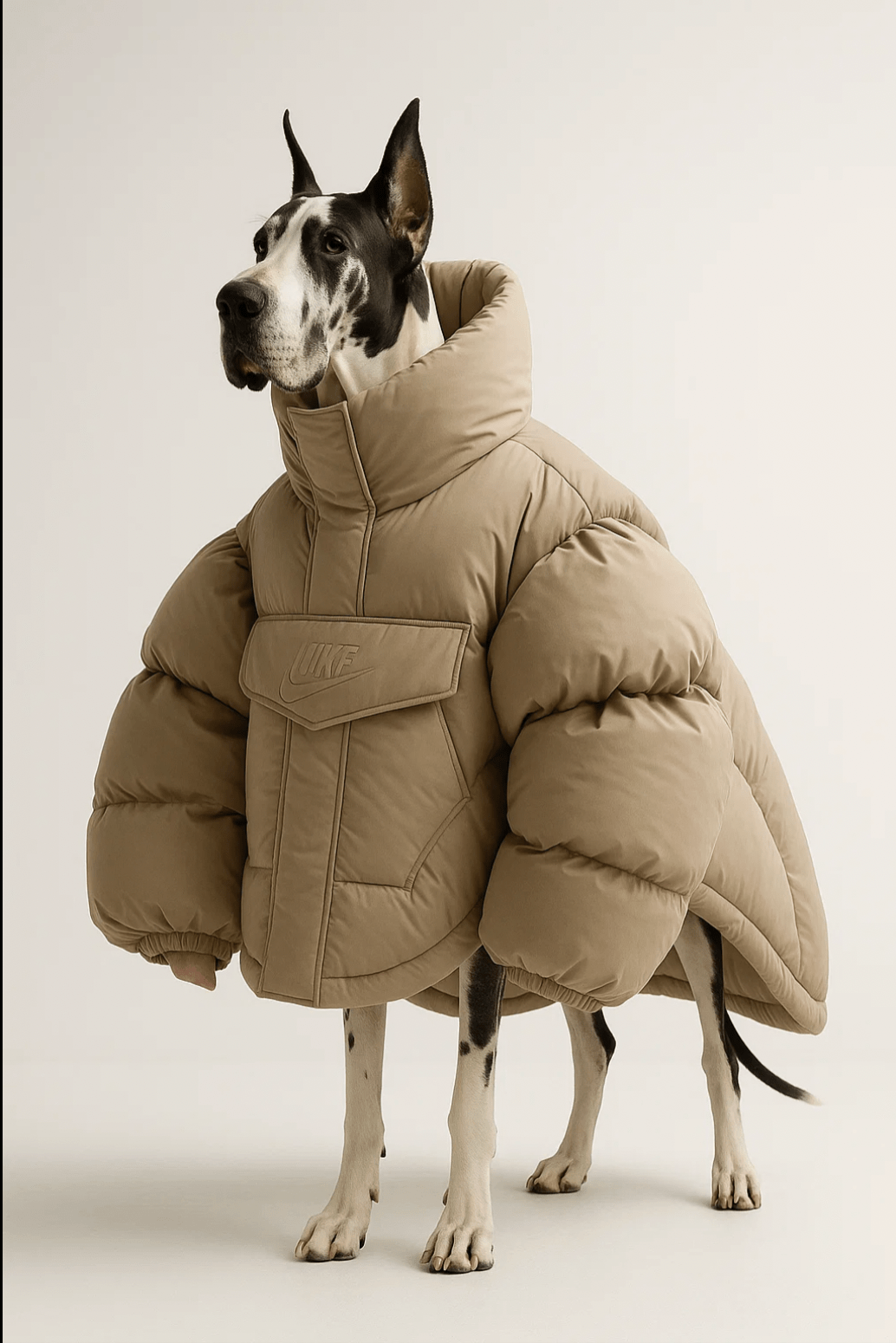

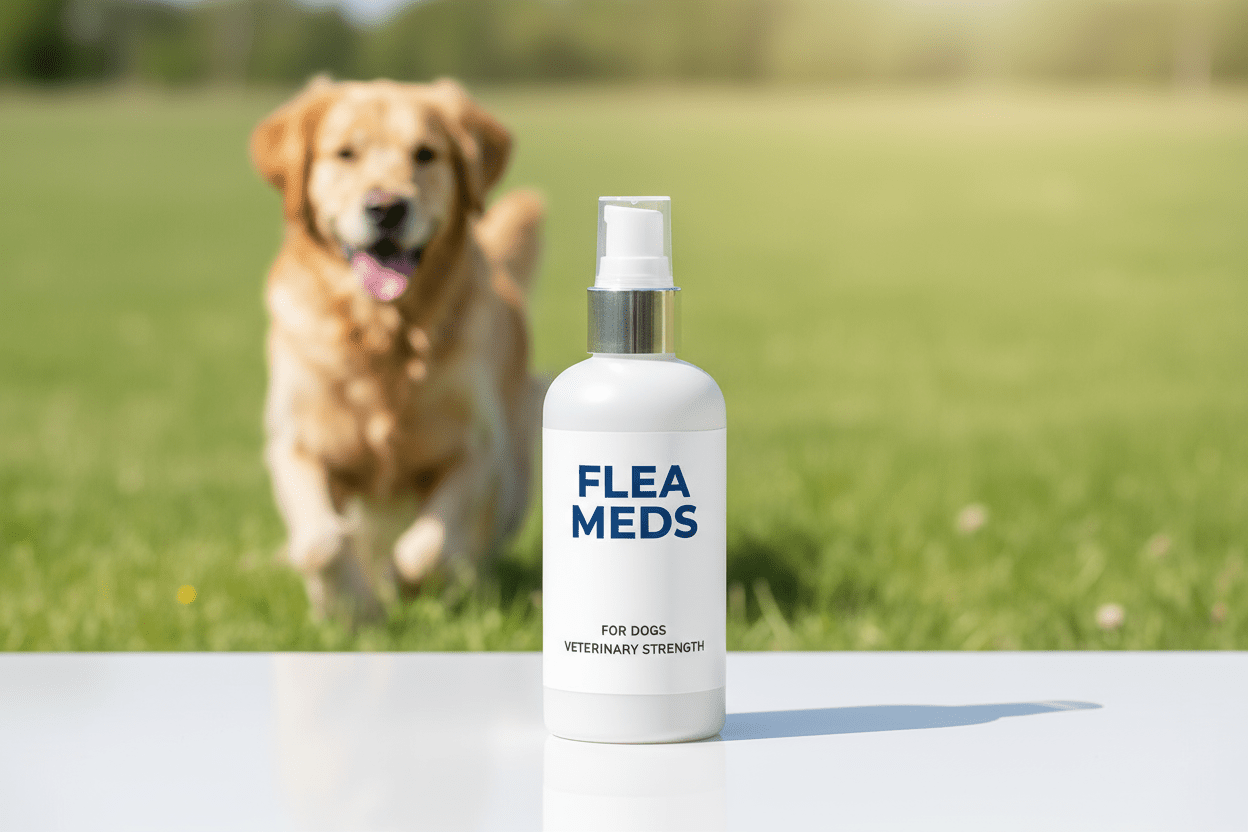
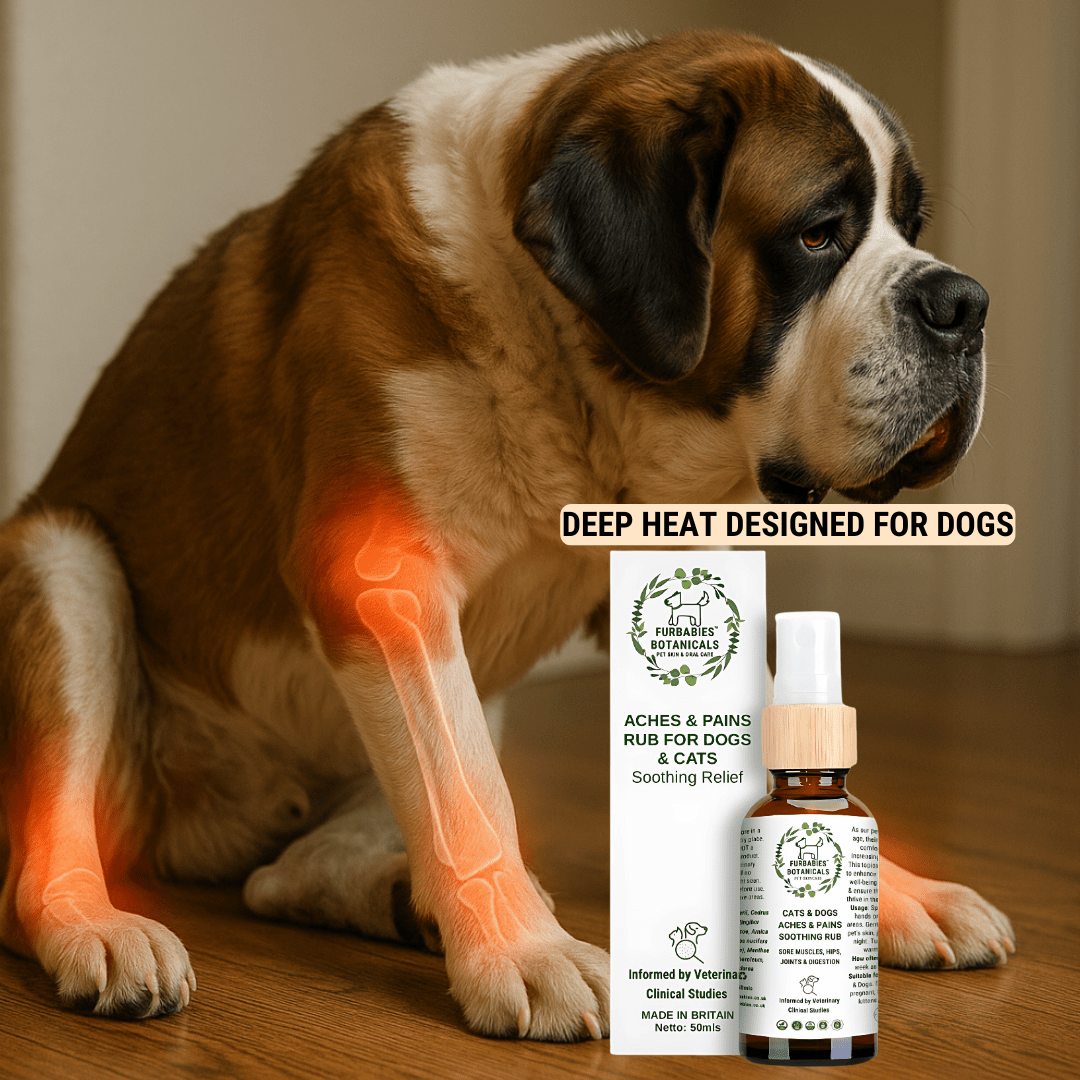

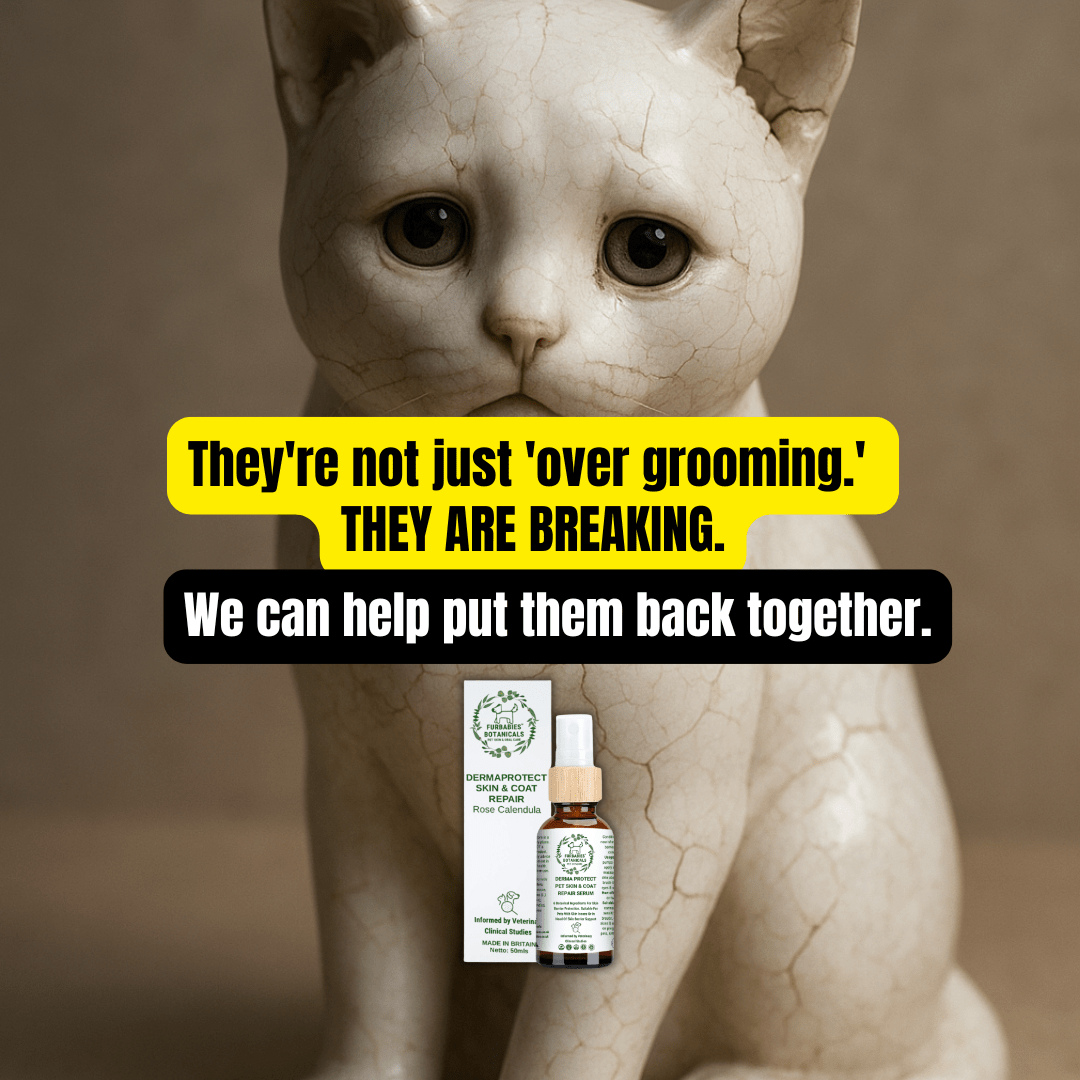
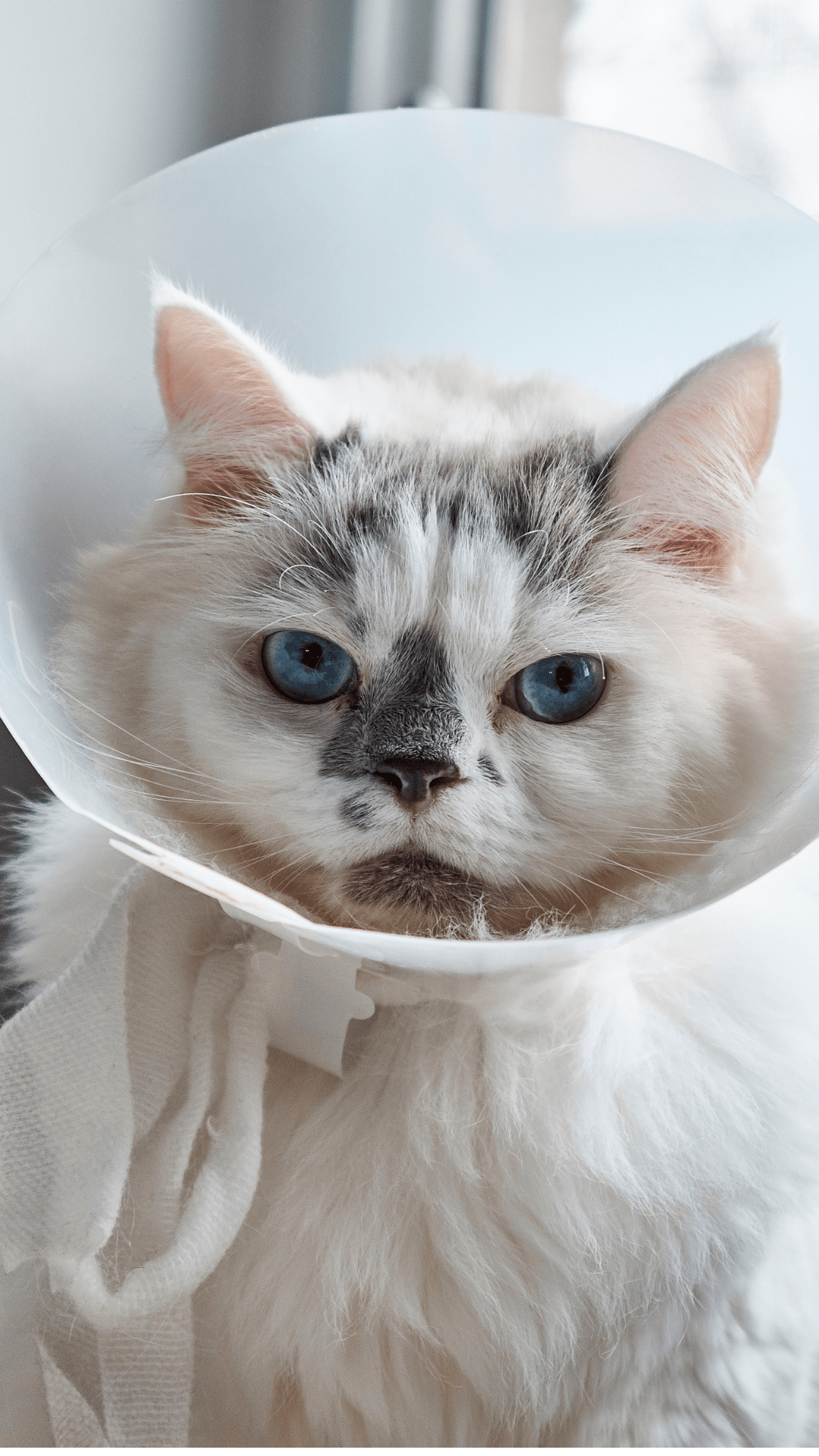
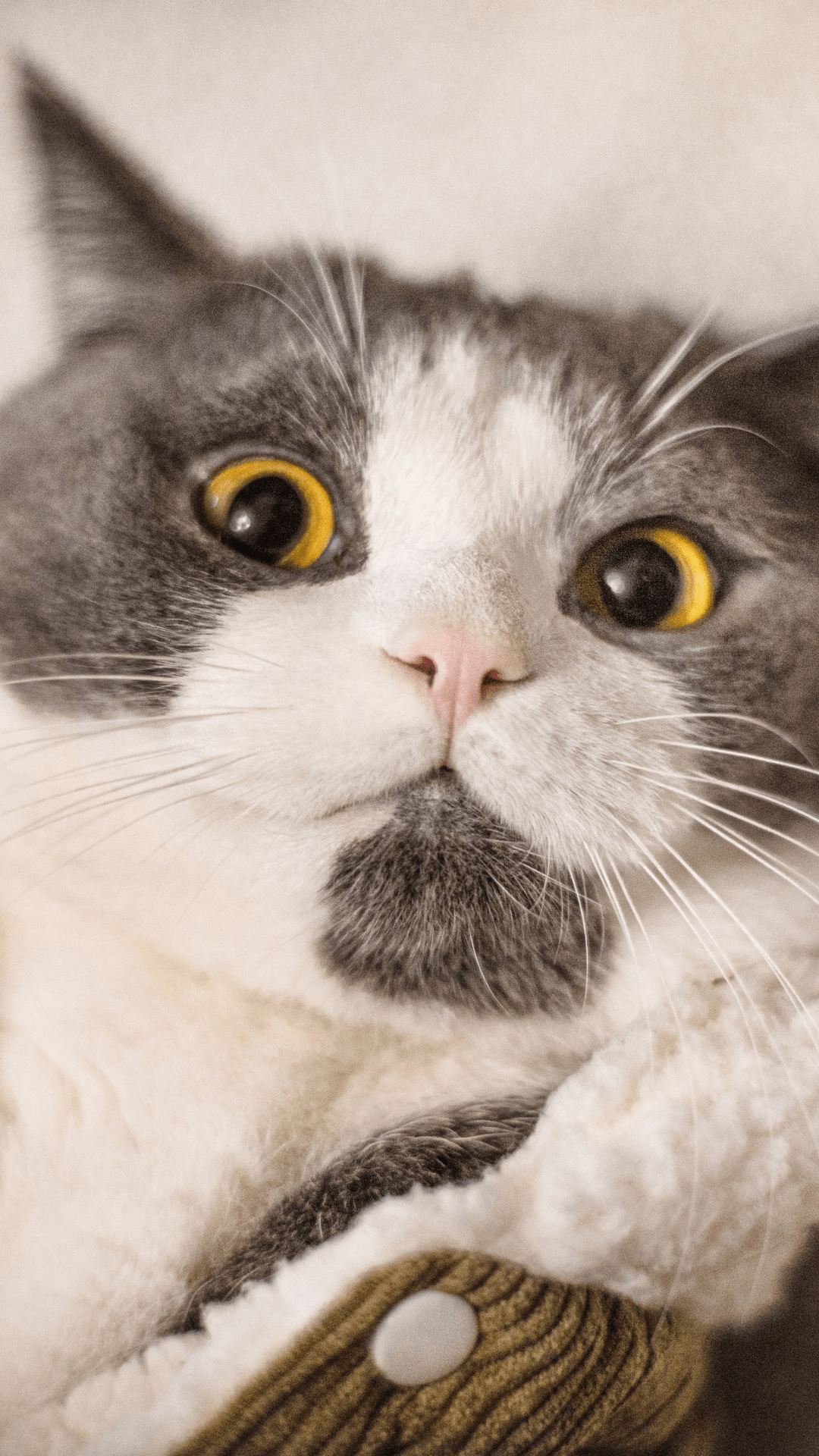


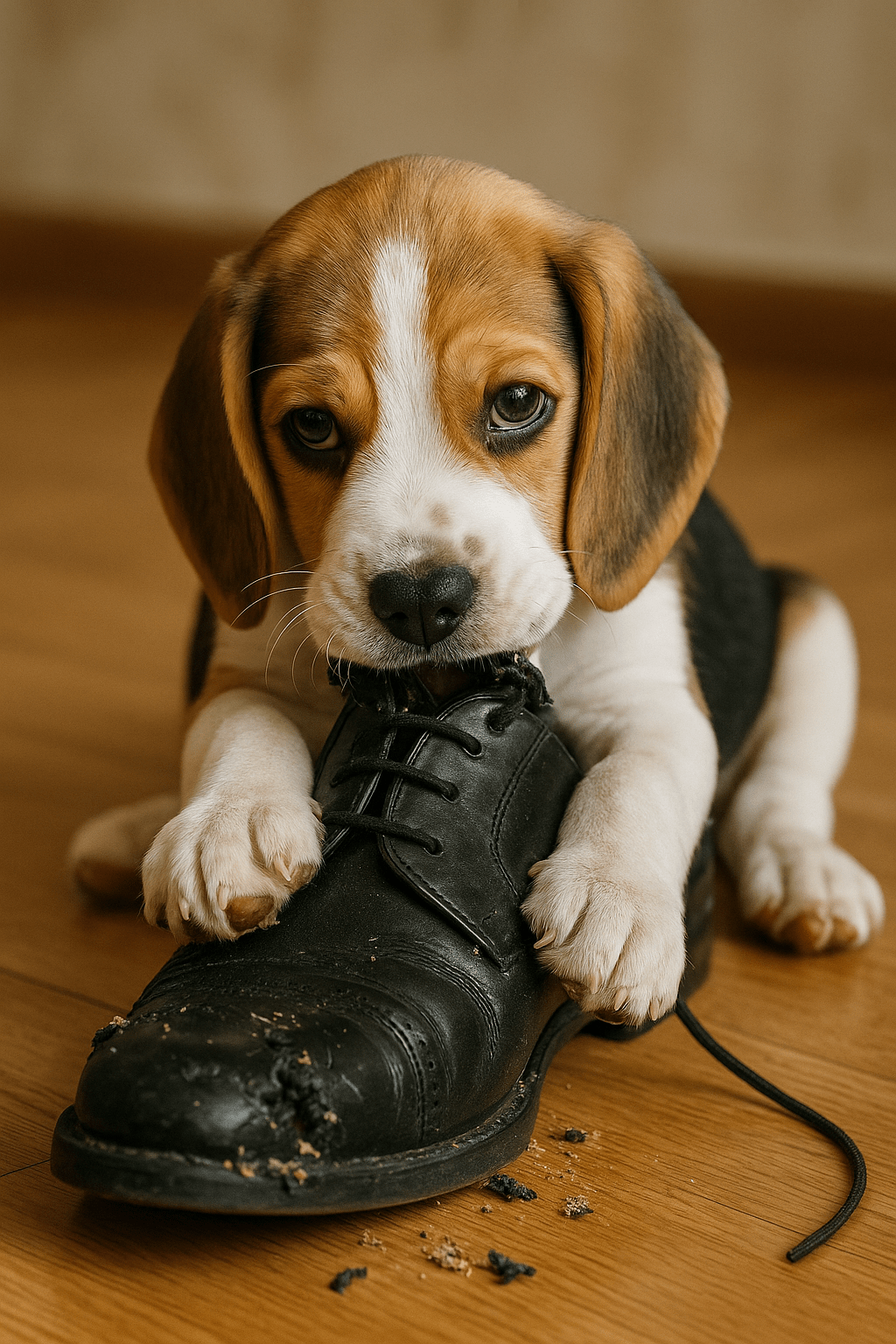
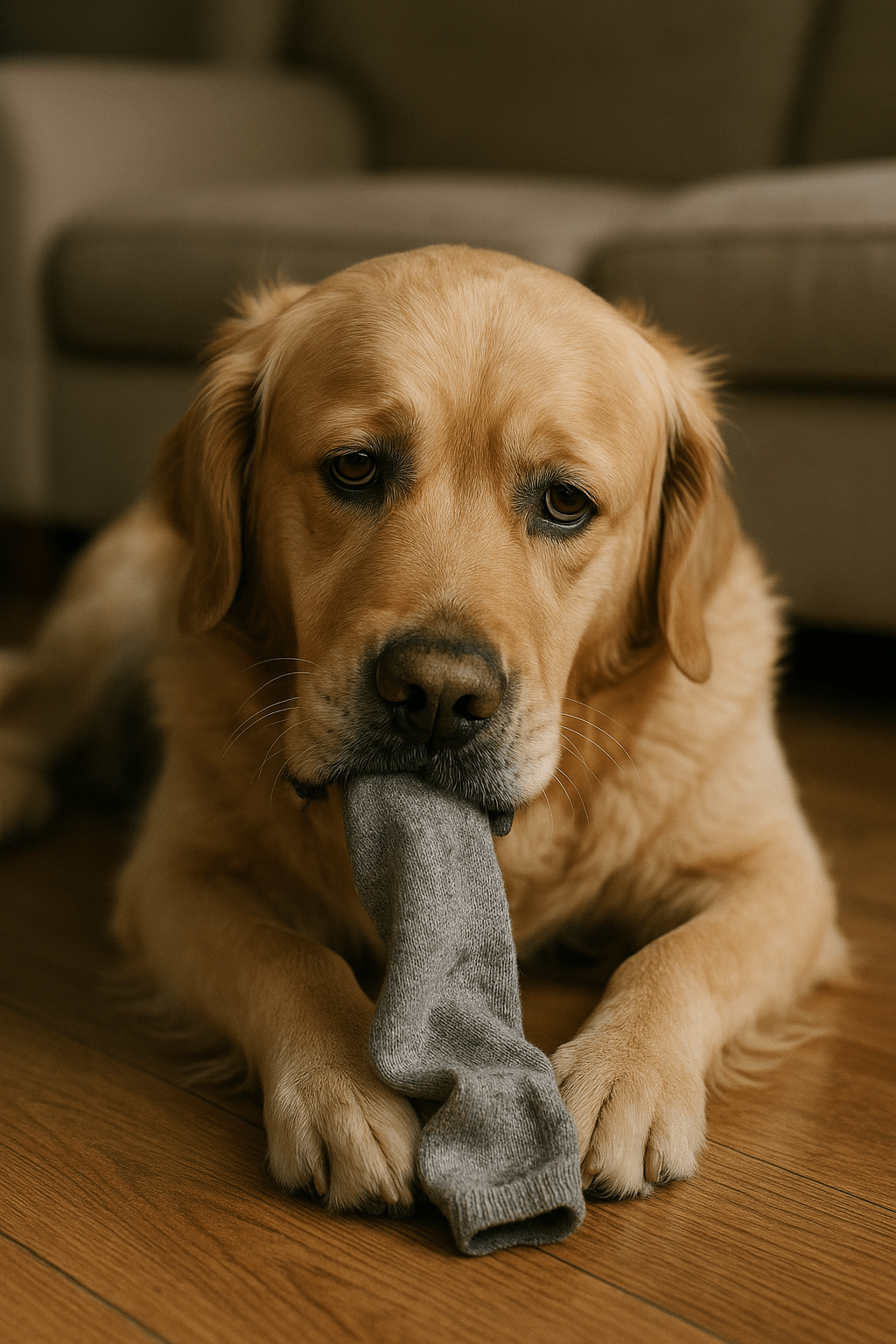
Share:
Dog Food Allergies - All About Feathers.
Dog Ear Gunk